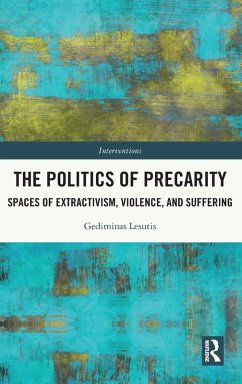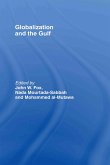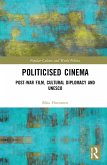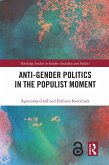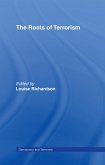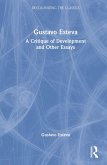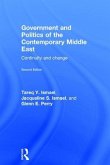Based on critical theory and ethnographic research, this book explores how intensifying geographies of extractive capitalism shape human lives and transformative politics in marginal areas of the global economy. Engaging the work of Judith Butler, Henri Lefebvre, and Jacques Rancière with ethnographic research on social and political effects of mining-induced dispossession in Mozambique, in the book, Lesutis theorises how precarity unfolds as a spatially constituted condition of everyday life given over to the violence of capital. Going beyond labour relations, or governance of life in liberal democracies, that are typically explored in the literature on precarity, the book shows how dispossessed people are subjected to structural, symbolic, and direct modalities of violence; this simultaneously constitutes their suffering and ceaseless desire, however implausible, to be included into abstract space of extractivism. As a result, despite the multifarious violence that it engenders, extractive capital accumulation is sustained even in the margins, historically excluded from contingently lived imaginaries of a "good life" promised by capitalism. Presenting this theorisation of precarity as a framework on, and a critique of, the contemporary politics of (un)liveability, the book speaks to key debates about precarity, dispossession, resistance, extractivism, and development in several disciplines, especially political geography, IPE, global politics, and critical theory. It will also be of interest to scholars in development studies, critical political economy, and African politics.
Hinweis: Dieser Artikel kann nur an eine deutsche Lieferadresse ausgeliefert werden.
Hinweis: Dieser Artikel kann nur an eine deutsche Lieferadresse ausgeliefert werden.

